Finding a charging station can be a challenge depending on where you live. This is especially true if you drive through remote or rural areas. On top of limited availability, public plug-ins can add up if you find a charger that costs money. It begs the question: is charging your EV at home more cost-effective than charging on the go? Luckily, we’ve done the math for you, so you don’t have to (you’re welcome!).
The average American household spends 15.45 cents per kilowatt-hour (kWh) of electricity used in their home. To find this number for your household, simply use your electric bill as a guide. Divide the number of kWh used by your total bill amount to find the price you pay per kWh.
Now, let’s assume an electric car uses 3-4 miles per kWh. You would then divide the total miles you drive every month (the American average is 1,124 miles) by the miles per kWh and multiply that number by your cost per kWh.
Using the above numbers as an example, take 1,124 and divide that by 3 (or four if you feel so inclined). That gives you 374.67 kWh used in one month. You’ll then multiply 374.67 by 15.45 cents, which comes out to 5,788 cents or $57.88 per month.
Let’s now look at what it costs to charge your car at a public charging station. Keep in mind that this amount varies depending on your state; some are cheaper than others or even free.
The cost to charge at a public charging station can range anywhere from $0.30 - $0.55, depending on location, speed, what level of charger you’re using, and time of day. Public charging stations may offer Level 2 or Level 3 charging, with Level 3 charging offering faster charging at a higher cost. For example, if you’re charging at a busy mall during lunchtime, you’re more likely to spend $0.55 per kWh. On a Tesla Model 3 battery, you can easily multiply that $0.55 by 70 kWh which would bring you to $38.50. Compare this with a home charge of 15.45 cents costing only $10.82.
Now that we’ve done the more complicated math, let’s consider the cost of installing a 240V outlet in your home for your charging unit. You’re looking at a range anywhere from $400 to $900, including labor, materials, and any permits or inspections you may need for the installation. You’ll also have to pay for the charger itself, which, if you purchase a Battery Tender® eCharge 48 AMP Level 2 charger, will add another $650 to the bill. Keep in mind, however, that these are one-time costs.
We’re making a lot of assumptions with these calculations, but based on the math we’ve done above, it’s easy to see that the $20 per full charge can add up quickly for the average driver. At an average of 4 full charges per week, $80 per month would be better suited to go towards an investment into a home charging setup, which pays for itself after one year of EV usage. If you’re looking to purchase an EV or PHEV, research the vehicle you’re eyeing and calculate the cost of home charging versus public charging based on that vehicle to make an educated decision.

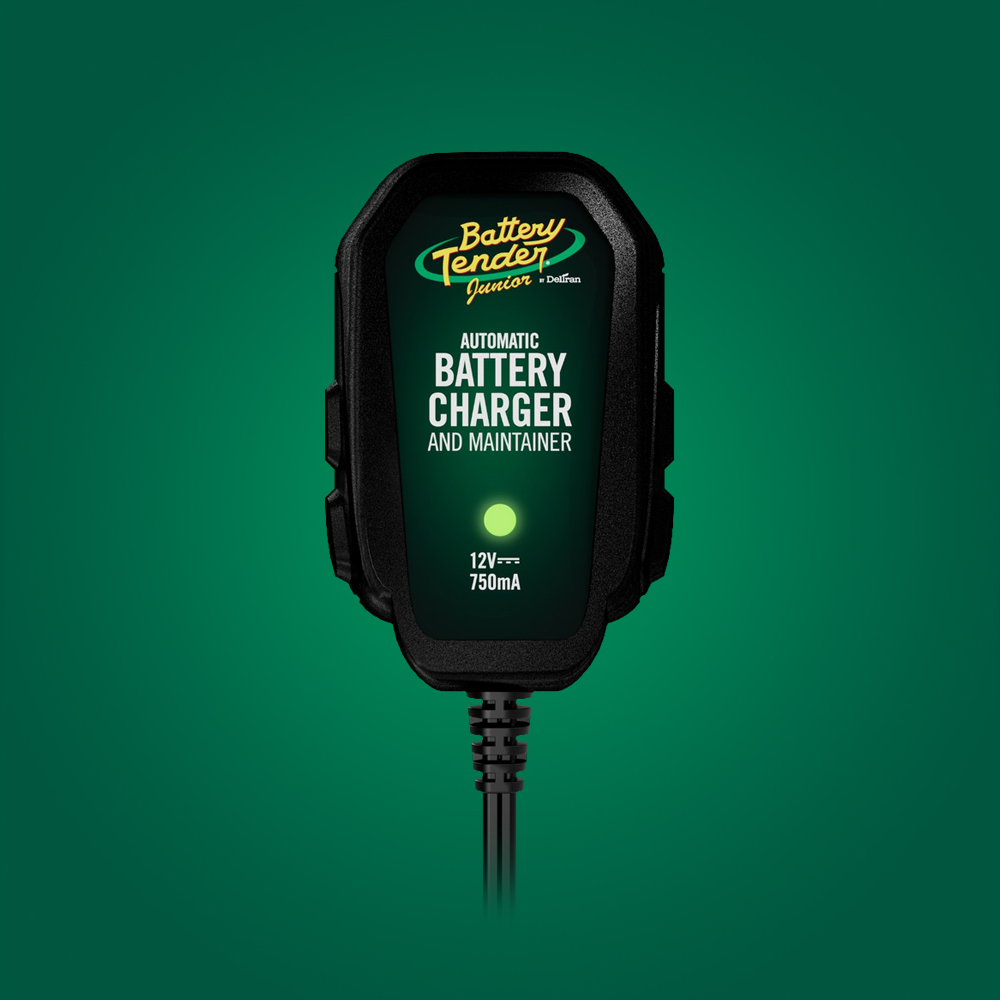
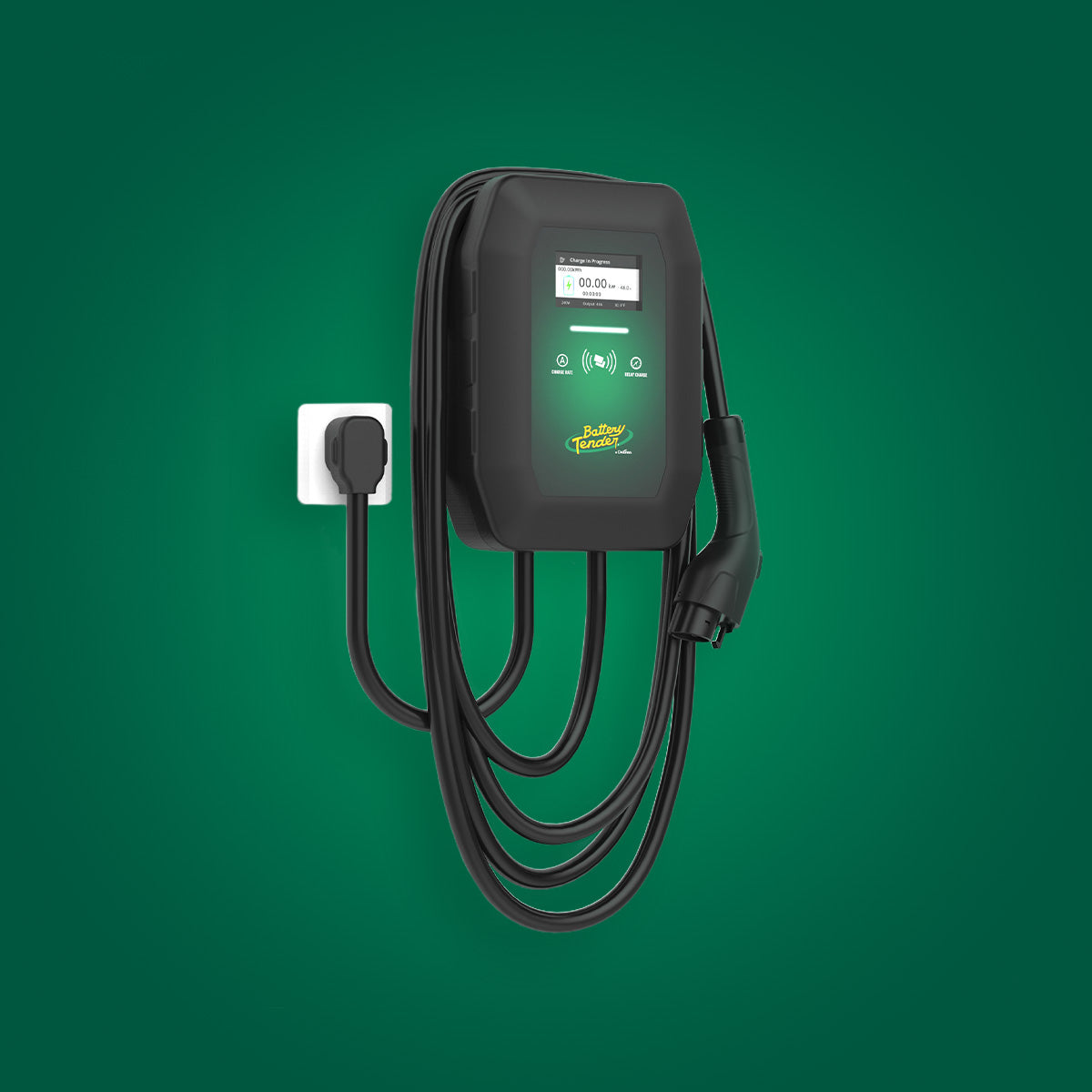

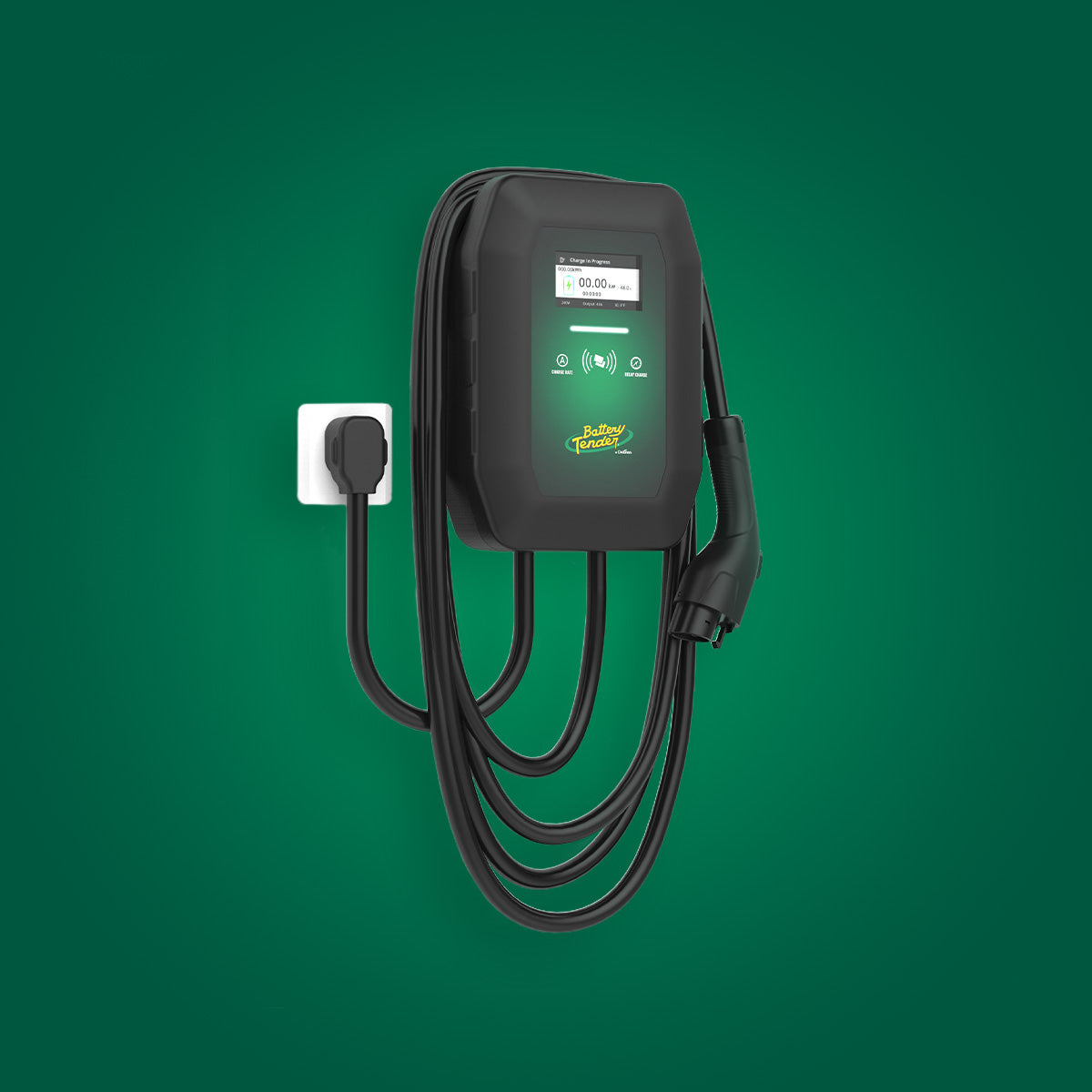
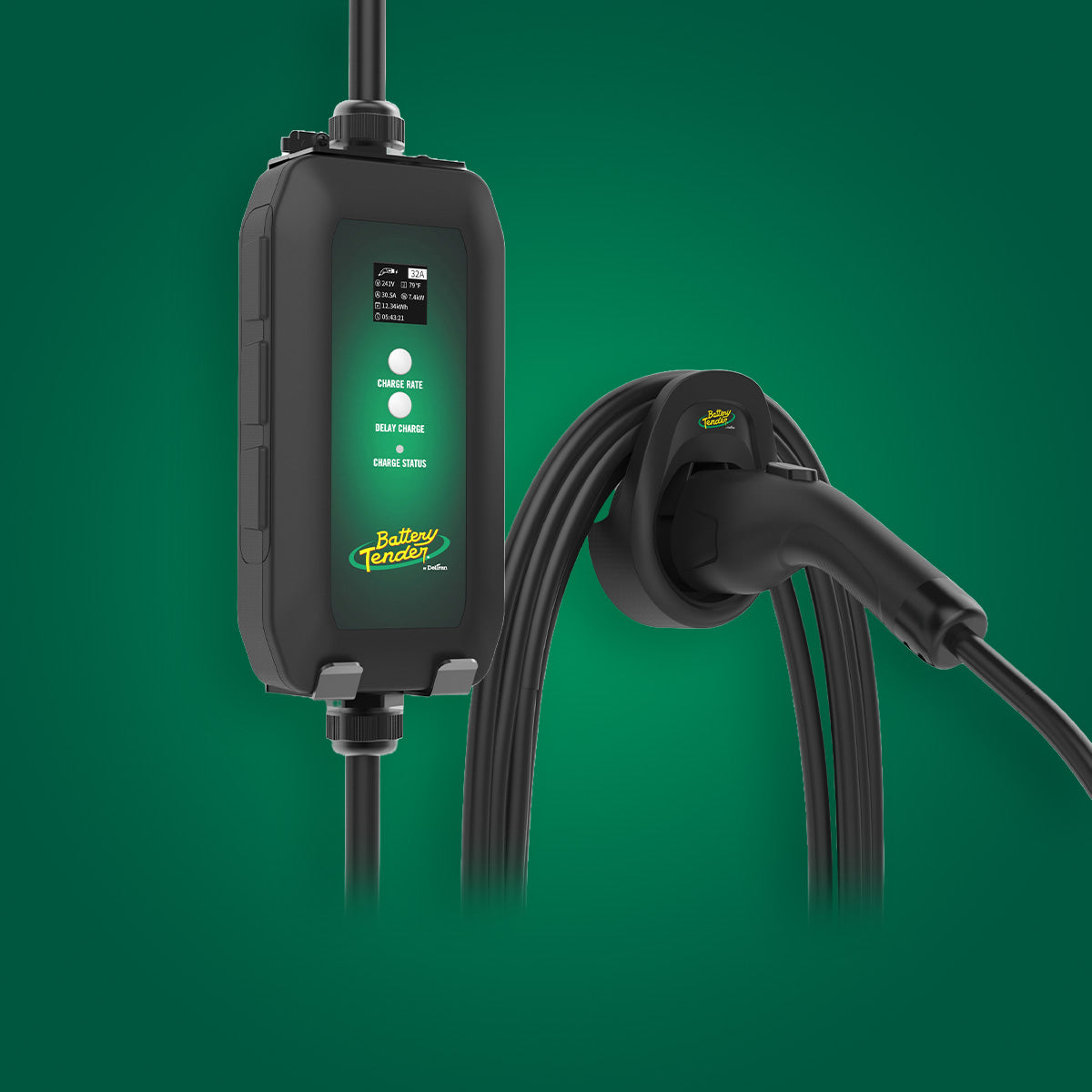




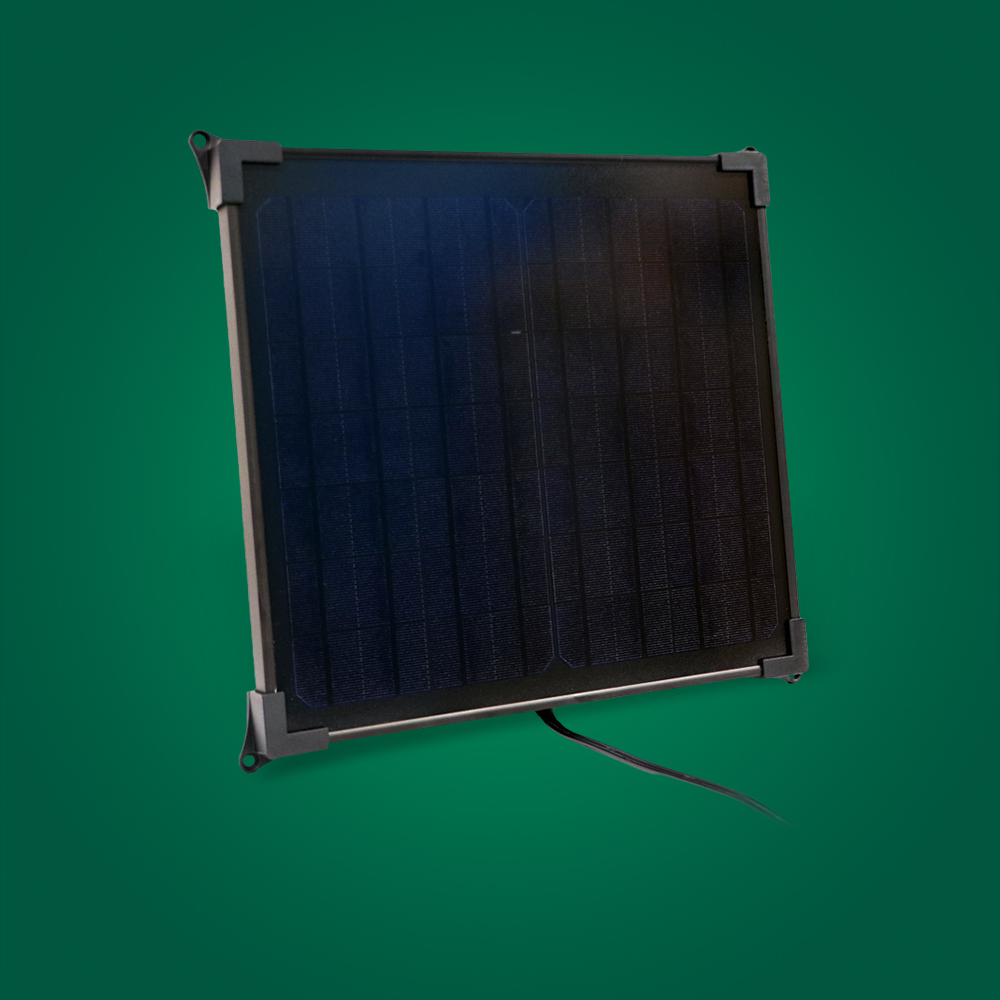
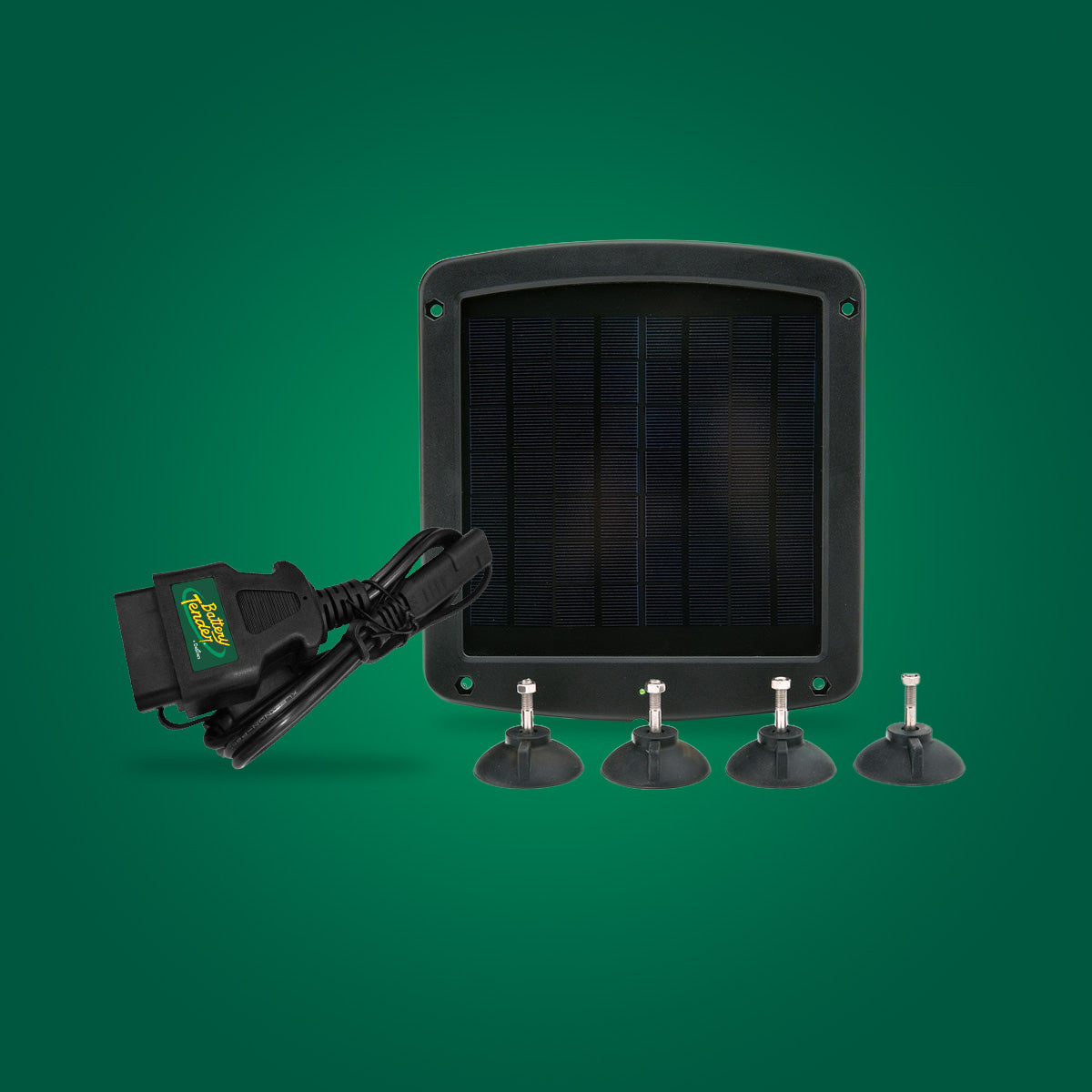
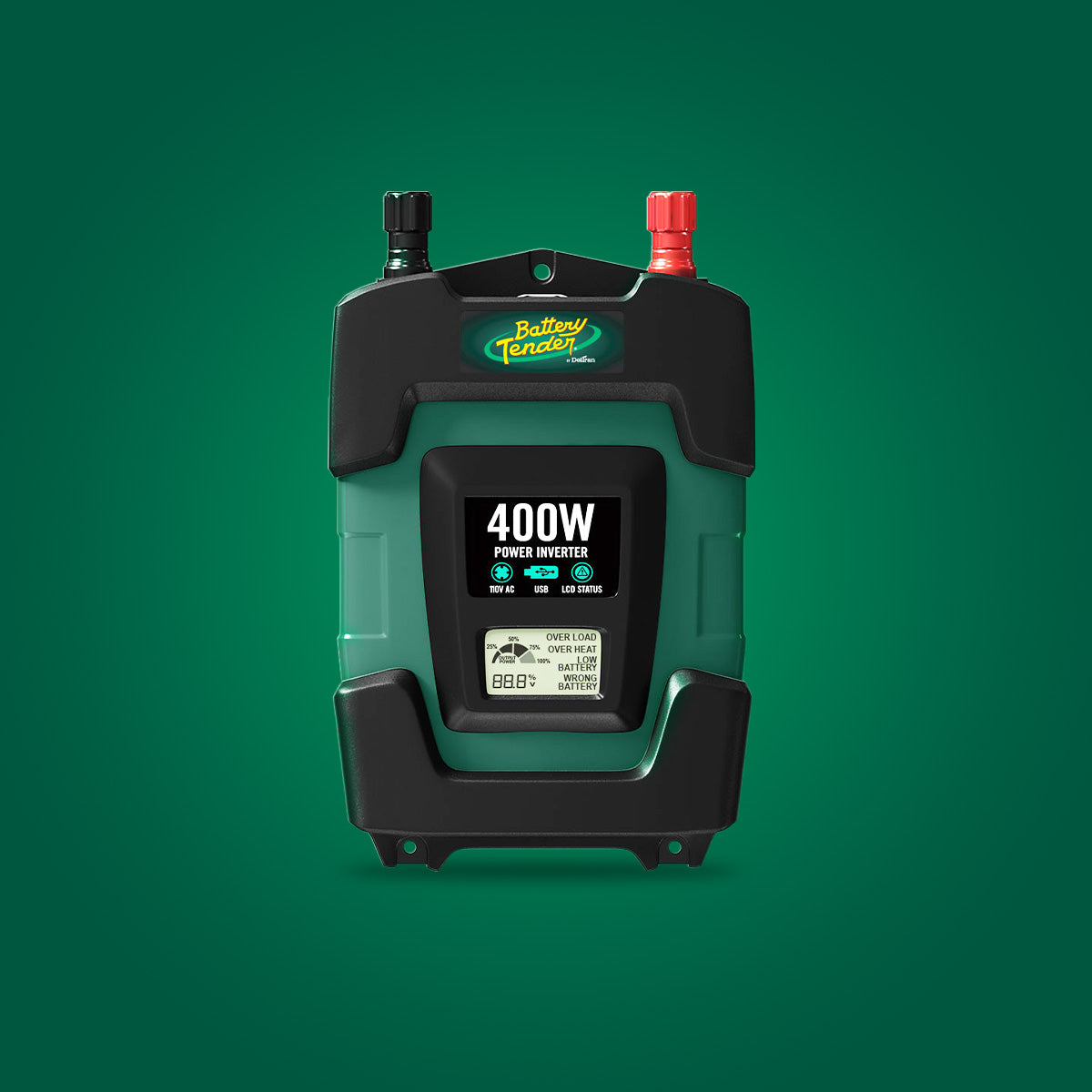





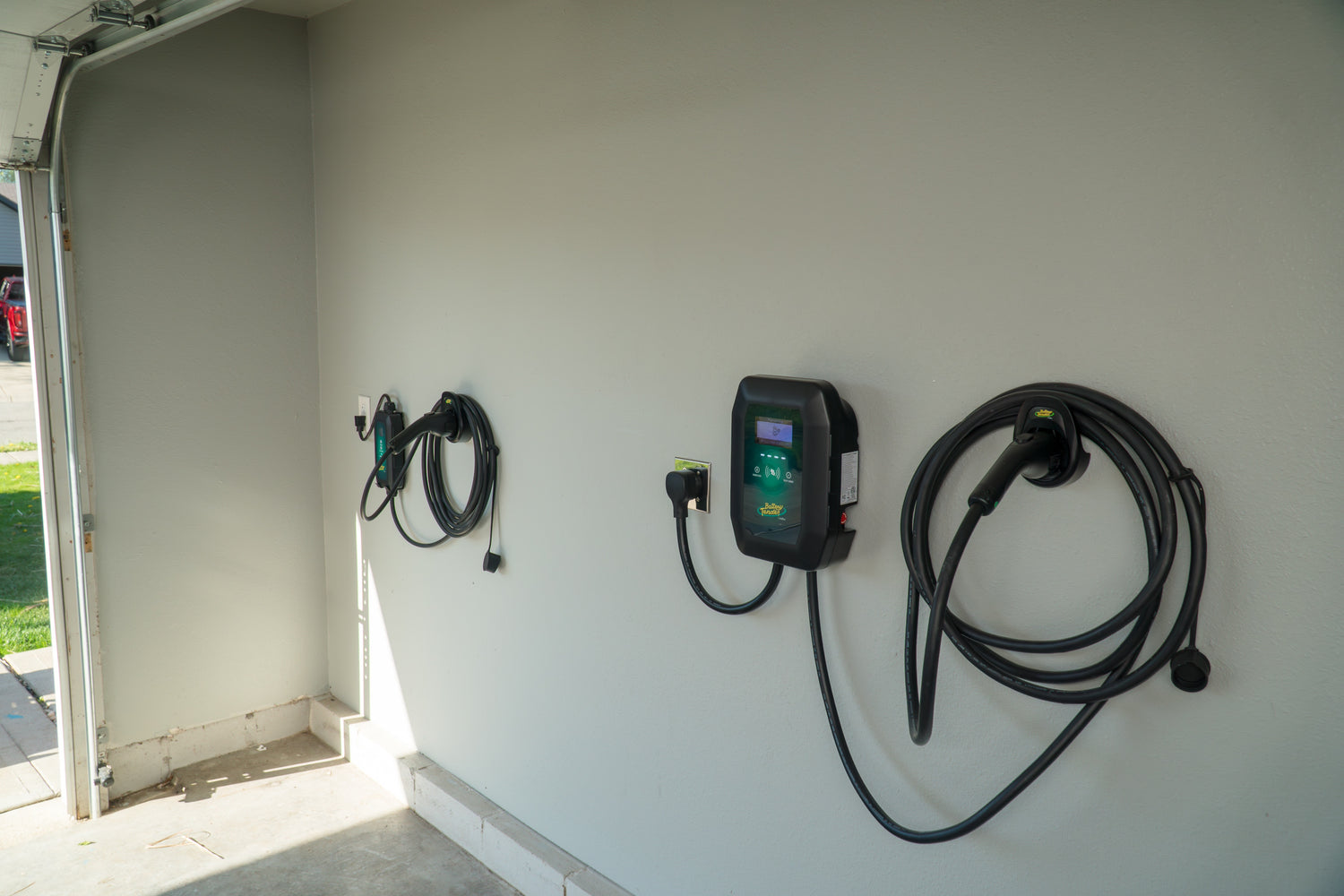

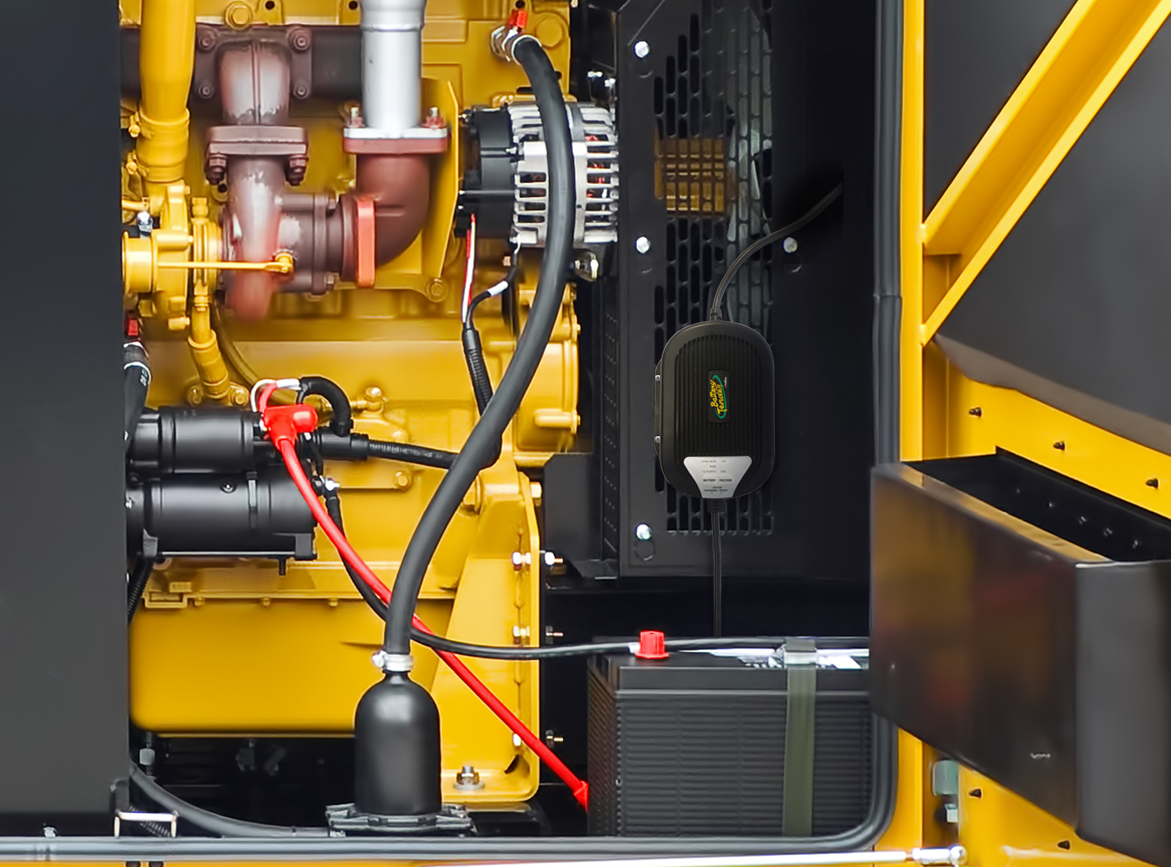
Leave a comment
This site is protected by reCAPTCHA and the Google Privacy Policy and Terms of Service apply.